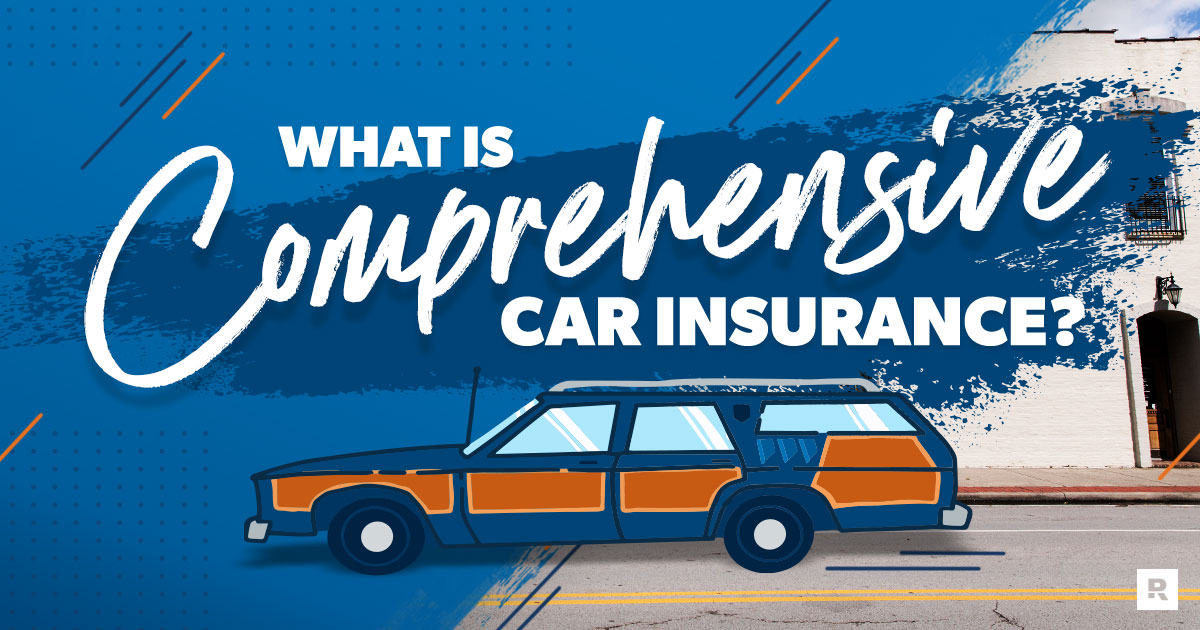Comprehensive car insurance is a type of coverage that protects your vehicle against a wide range of risks not covered by standard collision insurance. It provides financial protection for damages to your car caused by events other than a collision with another vehicle. Here’s a detailed breakdown of what comprehensive car insurance covers, its benefits, and how it works:
Coverage Provided by Comprehensive Insurance
- Theft: Covers the loss of your vehicle if it is stolen. This includes the cost of replacing the vehicle or paying for its value at the time of theft.
- Vandalism: Provides coverage for damage caused by vandalism or malicious acts, such as broken windows or graffiti.
- Natural Disasters: Protects against damage caused by natural events like hurricanes, tornadoes, floods, earthquakes, or hailstorms.
- Fire: Covers damage to your vehicle from fire, whether caused by an accident or another incident, such as an engine fire.
- Animal Collisions: Provides coverage if you hit an animal, such as a deer, and your vehicle sustains damage as a result.
- Falling Objects: Includes protection for damages caused by falling objects, like tree branches or debris.
- Glass Breakage: Often covers the cost of repairing or replacing broken windows or windshields.
How comprehensive car insurance Works
- Premiums and Deductibles: Comprehensive insurance requires you to pay a monthly or annual premium. Additionally, you will have a deductible, which is the amount you must pay out-of-pocket before the insurance coverage kicks in. For example, if you have a $500 deductible and $2,000 worth of damage, you will pay $500, and your insurer will cover the remaining $1,500.
- Claims Process: If your vehicle is damaged or destroyed by an event covered by comprehensive insurance, you need to file a claim with your insurance company. They will assess the damage, determine the payout amount (up to the vehicle’s actual cash value), and handle repairs or replacement.
Benefits of Comprehensive Insurance
- Broad Coverage: Provides extensive protection for various non-collision-related risks, which can save you from significant financial loss.
- Peace of Mind: Offers peace of mind knowing that your vehicle is protected against a wide array of potential hazards beyond just accidents.
- Protects Vehicle Value: Helps preserve the value of your vehicle by covering repair or replacement costs for damages not caused by collisions.
Limitations and Considerations
- Not for Collisions: Comprehensive insurance does not cover damage resulting from a collision with another vehicle or object. For collision coverage, you would need a separate policy or endorsement.
- Deductible Costs: You must pay a deductible before receiving coverage, which can be a significant amount depending on your chosen deductible level.
- Exclusions: Some events may not be covered, such as intentional damage or certain types of wear and tear. It’s important to review your policy for specific exclusions.
- Premium Costs: Comprehensive coverage adds to your overall insurance premium. While it provides broad protection, you need to weigh the cost against the potential benefits.
When to Consider Comprehensive Insurance
- Vehicle Value: If your vehicle is valuable or relatively new, comprehensive insurance can be a good investment to protect against various risks.
- High-Risk Areas: If you live in an area prone to natural disasters, high rates of vandalism, or wildlife collisions, comprehensive insurance can offer added protection.
- Leased or Financed Vehicles: If you lease or finance your vehicle, comprehensive coverage is often required by the lease or loan agreement.
Summary
Comprehensive car insurance offers protection for a wide range of risks that are not covered by collision insurance. It includes coverage for theft, vandalism, natural disasters, animal collisions, and more. While it adds to your insurance premium and comes with a deductible, it provides valuable peace of mind and financial protection against unexpected events. Evaluating the cost of comprehensive insurance against the potential risks and benefits can help you determine if it’s the right choice for your situation.
